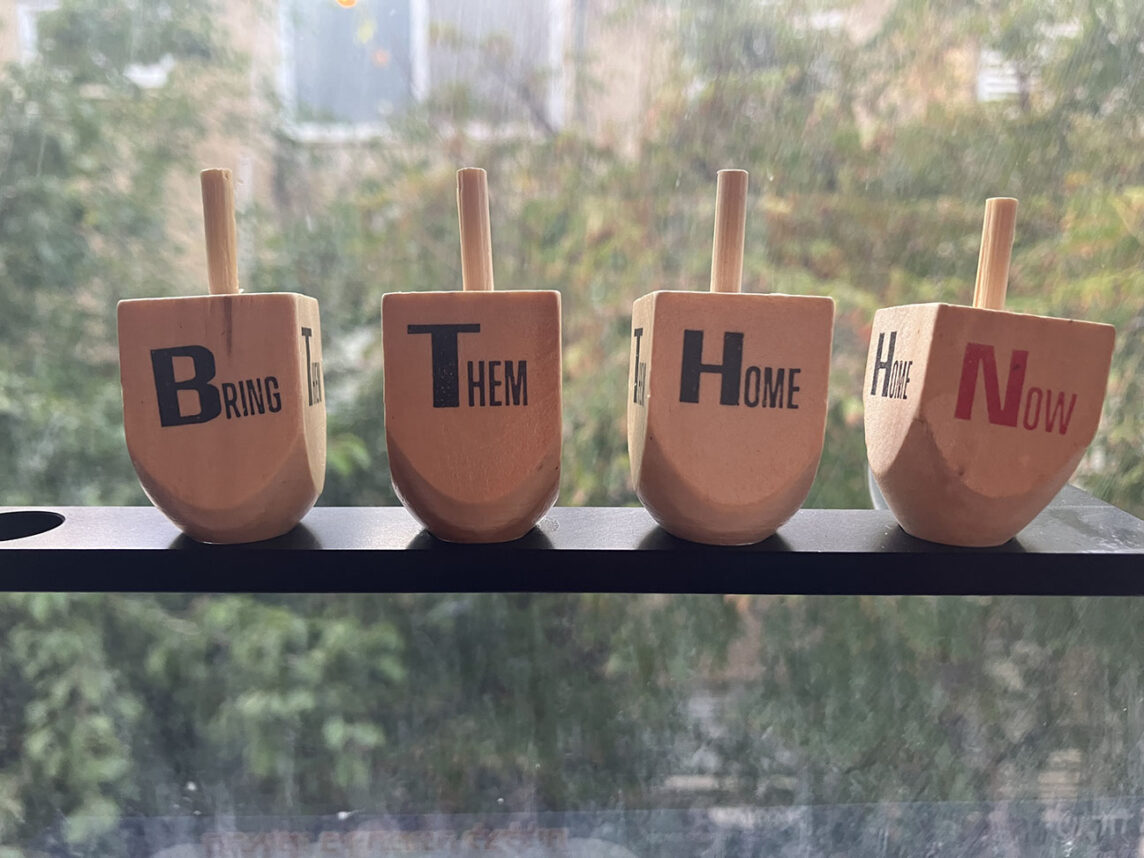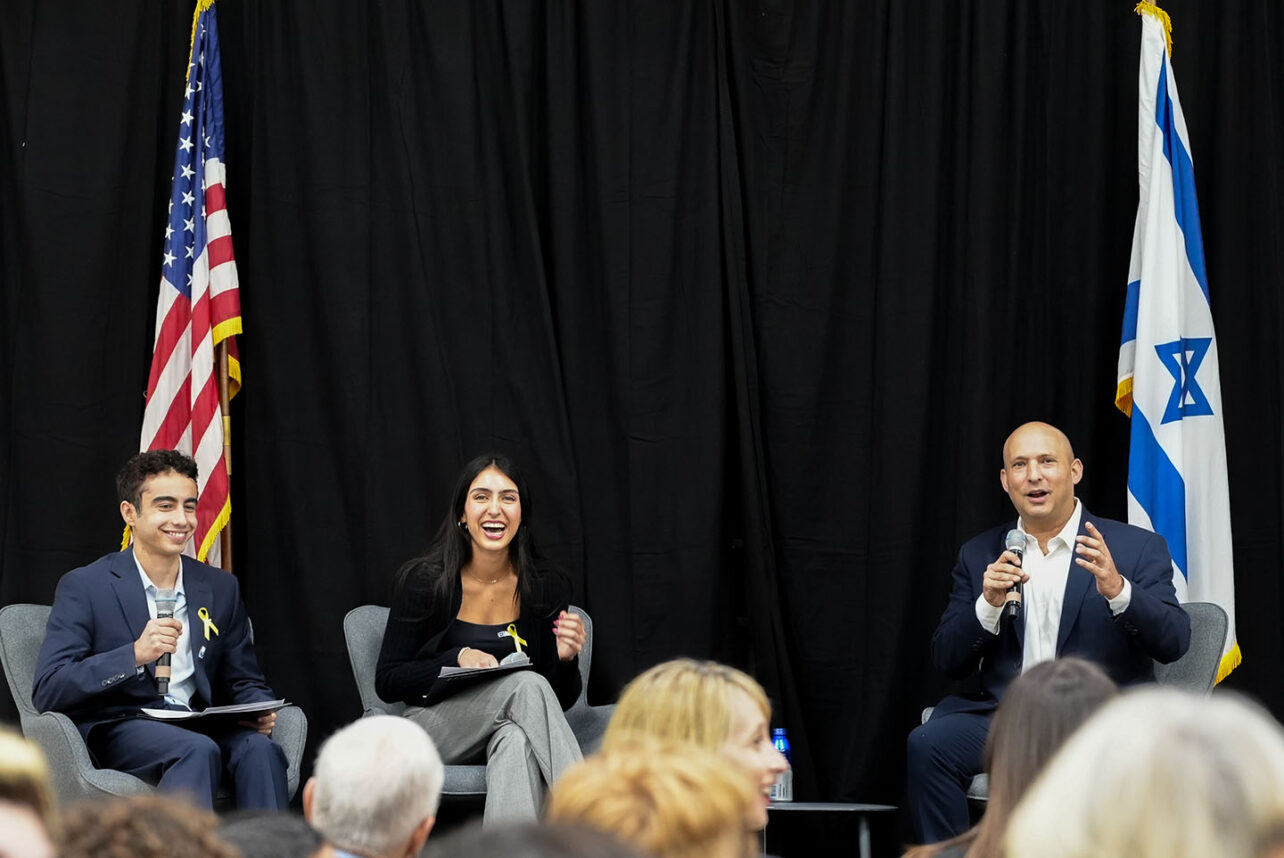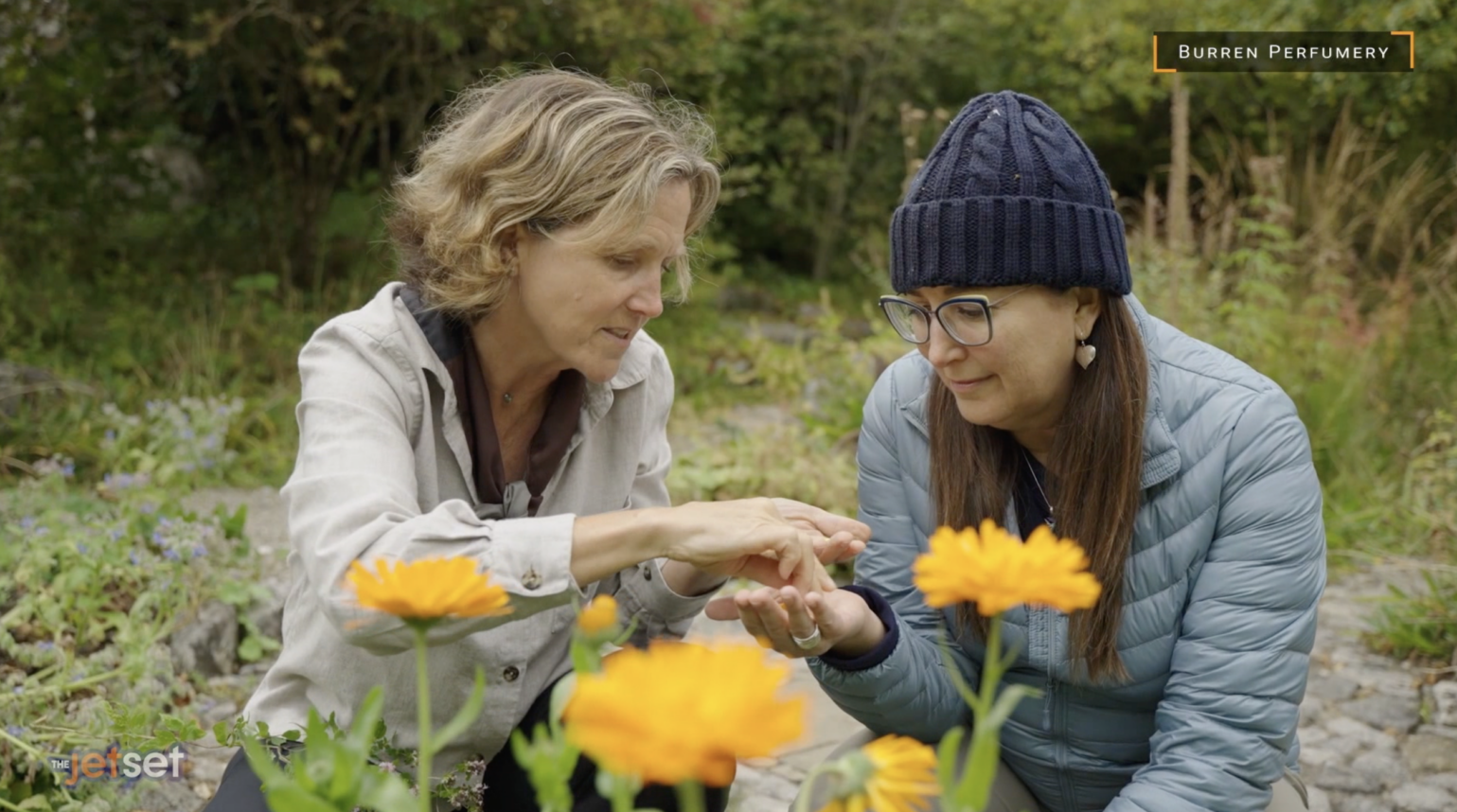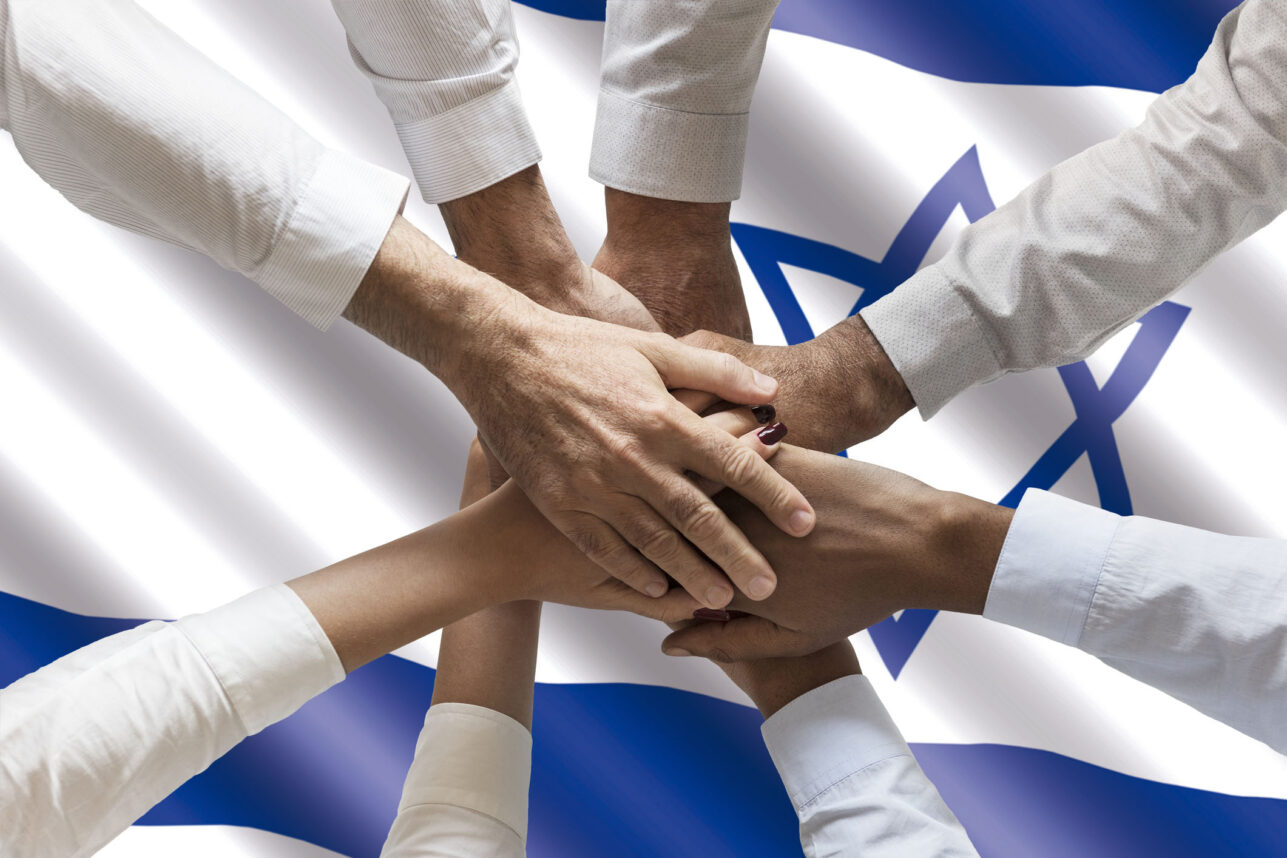One of the more obnoxious things I’ve read this year is a piece in Vox titled, “How to Survive Your Family’s Thanksgiving Arguments,” complete with a handy guide to help you turn a warm family gathering into a political food fight.
Never mind that you can have these political arguments all year long, or watch them any time on a cable news channel. No, the folks at Vox are encouraging you to have this food fight… at Thanksgiving.
This is media narcissism at its most advanced. Because the political junkies at Vox make their living from this stuff, they can’t imagine there’d be some human value in taking a break from the circus of current events.
Even the White House has gotten into the act of trying to politicize America’s day of meaning.
“As people are sitting around the Thanksgiving table…” White House Press Secretary Josh Earnest said, “I hope that’s a question that will be raised, and asked by members around the table—that if we’re going to have a serious discussion in this country about national security, let’s talk about some pretty obvious things that Congress can do.”
Vox actually provides a list of argument topics, such as Donald Trump, Syria and ISIS, Benghazi, Black Lives Matter, and, of course, Bernie Sanders, while offering suggested comebacks for different arguments.
If someone at the table says, for example, “Trump is the only one who’s speaking the truth about immigration,” or “This is why we can’t let in Syrian refugees,” or “Obama and Hillary Clinton’s incompetence got four Americans killed. They have blood on their hands,” Vox gives you all the talking points you’ll need to shame your uncle from Maine.
Beautiful. Can someone please pass the stuffing?
Not all conversation is created equal. I’ve learned that lesson over the years on Friday nights, when we host family dinners in honor of the Jewish Sabbath, usually with guests. The good guests will tell uplifting and funny stories; the not-so-good guests will go on about some terrorist act that just happened or a politician they hate or some other crummy thing now happening in the world. It’s not that those crummy things are untrue or unimportant; it’s just that they have a way of putting a damper on a warm gathering.
Last Friday night at my home, in the middle of a wonderful Shabbat dinner with a large group, the Paris massacre came up. For about 10 minutes or so, a pall came over the table. What was there to say? What was there to add? That the massacre was really evil and disgusting? Of course it was. Thank God my daughter Mia rescued the moment with an improvised riff on how darkness may make more noise, but light has more power.
We are drowning in dark news and political fights. We have so few opportunities to reconnect as families and people in a human way, to learn more about one another, about our lives and the things that mean the most to us. As much as I care about the latest explosion of violence in the Middle East or the Presidential debates, should that really take precedence over stories that can inspire us and deepen our connections?
Here’s the point: Political discussions tend to get circular, impersonal and, ultimately, quite boring. Usually, it’s not about exchanging enlightening information, but about each side proving to the other that it is right. Because you’re not sharing anything personal, there’s little risk involved. But how meaningful is it? Doesn’t it feel like a waste to squander our annual family gathering arguing about ISIS, the Palestinians or Benghazi?
So, here’s my suggestion: When you gather at your Thanksgiving table today, forget Donald Trump. Forget Syria. Forget Hillary. Look around the table and ask people simple questions that might elicit inspiring words, such as: “What’s a great thing that happened to you this past year? What’s a great story that moved you—in a book or a movie or in real life? Did you learn something important that you’d like to share?”
If the answers come back with Donald Trump, then I can’t help you.
Happy conversation.
David Suissa is president of TRIBE Media Corp./Jewish Journal and can be reached at davids@jewishjournal.com.























